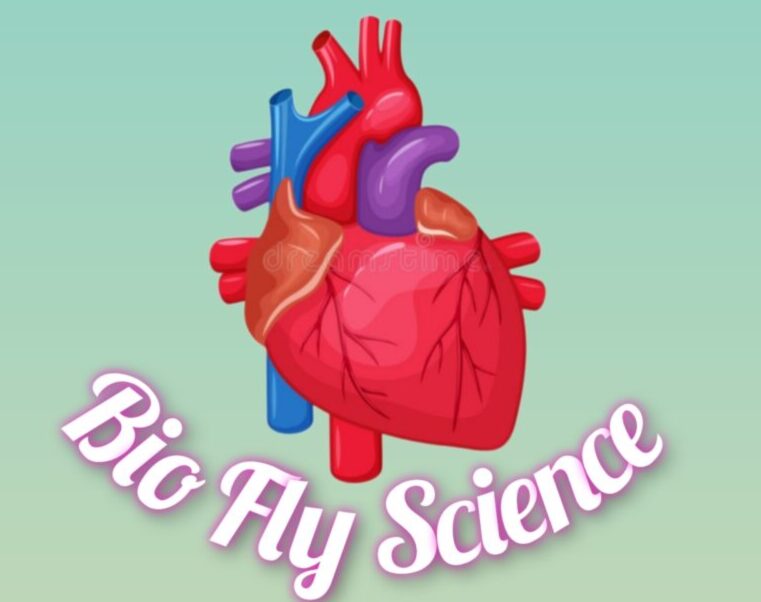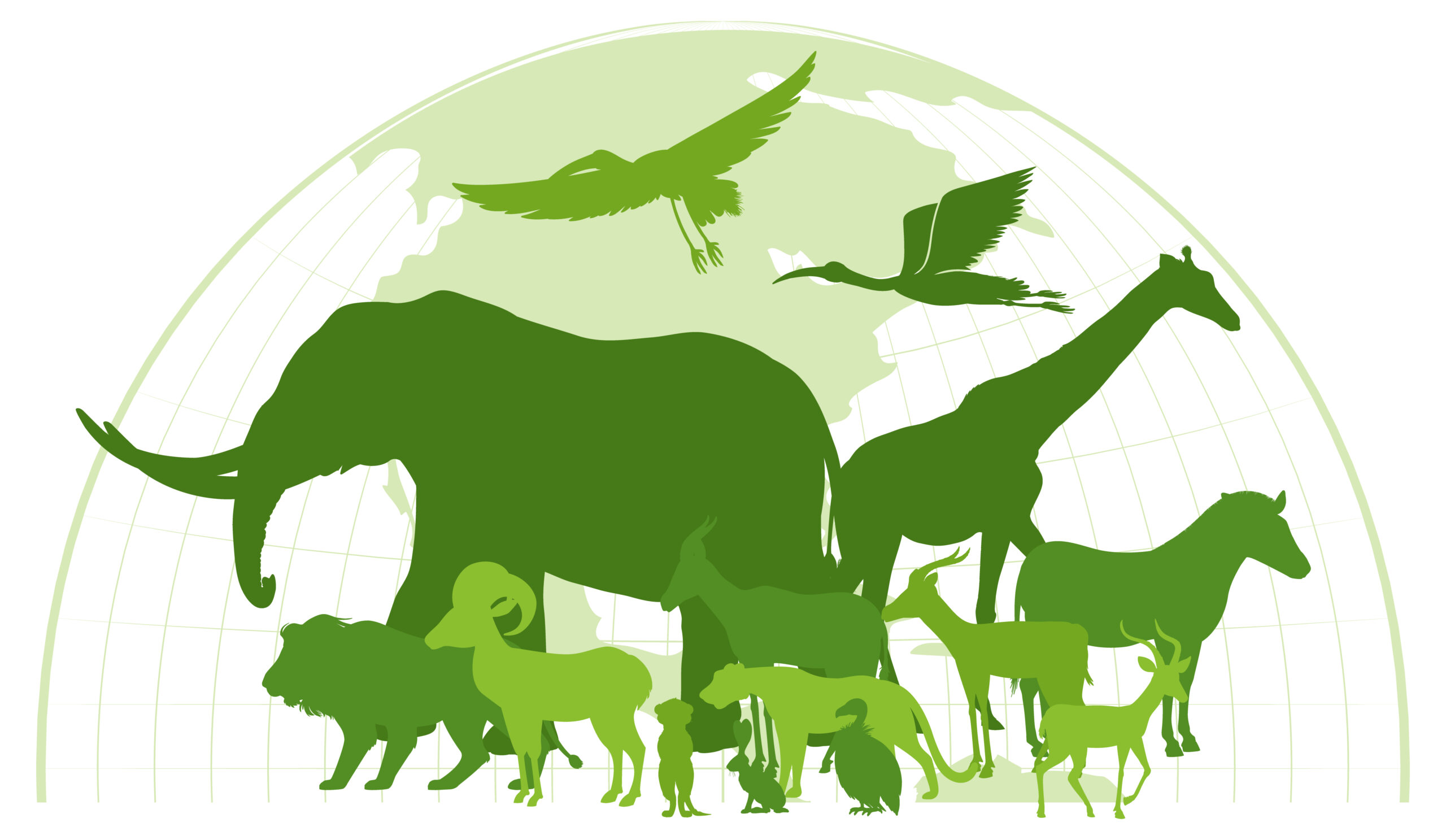Branches of Biology encompasses diverse fields, each focusing on specific aspects of life. Genetics delves into heredity and DNA, while ecology studies interactions between organisms and their environment. Microbiology explores microscopic organisms like bacteria and viruses, while botany concentrates on plants and their physiology. Zoology examines animals and their behaviour, anatomy, and evolution, contributing to our understanding of the intricate web of life on Earth.
1. Botany: Study of different aspects of plants. Theophrastus is known as the father of Botany.
2. Zoology: Study of various aspects of animals. Aristotle is called the father of Zoology as well as Biology.
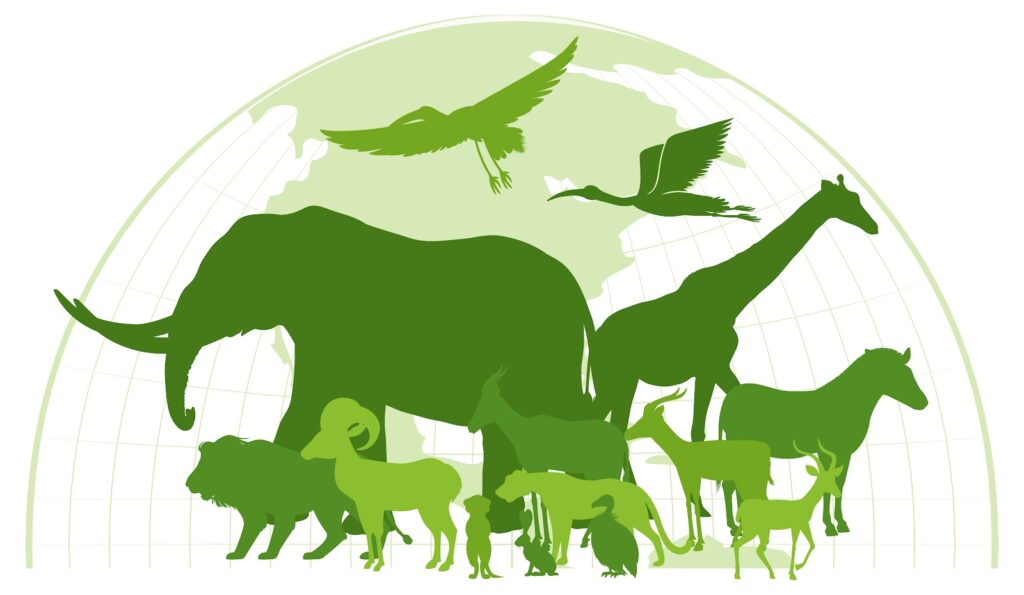
Important Branches of Biology:
Anatomy: Study of internal structure of an organism.
Agrology:Soil science dealing specially with production of crops.
Agronomy: Science and technology of soil management for the production of crops.
Agrostology: Study of grasses.
Arthrology: Study of joints.
Apiculture: Rearing of honey bees for honey.
Anthropology : Study of origin, development and relationship between the culture of past and present humans.
Anthology: Study of flower and flowering plant.
Angiology: Study of blood vascular system including arteries and veins.
Andrology: Branch of physiology and medicine specially deal with the problem related to male reproductive organs.
Bryology: Study of Bryophytes.
Biometrics: Statistical analysis of Biological data.
Biomedical engineering: Application of engineering for the production and designing of spare parts for overcoming various defects in man. e.g. Artificial limbs, Iron lung, Pacemaker etc.
Biotechnology: Technology concerned with living beings for wilful manipulation on molecular level.

Bacteriology: Study of bacteria.
Cytology: Study of cells.
Cryobiology: It is the study of effect of low temperature on organisms and their preservation.
Clone: Clones are genetically identical individuals in a population.
Cardiology: Study of heart.
Chiropody: Branch of science related with the study of feet.
Demography: Study of population.
Diffusion: Random movement of molecule/ion or gases from a region of higher concentration to lower concentration.
Dermatology: Study of skin.
Dendrochronology: Counting and analysing annual growth rings of tree to know its age.
Ecology: Study of inter-relationship between living and their environment.
Evolution: Study of origin of life, variation and formation of new species.

Embryology: Study of fertilisation of egg, formation of zygote and development of embryo.
Eugenics: Study of factors connected with the improvement of the human race.
Euthenics: Study of environmental condition that contribute to the improvement of human beings.
Euphenics: The improvement of phenotypic defects due to genetic abnormality, by altering the environment.
Ethnology: Study of science dealing with different races of human.
Ethology: Study of animal behaviour in their natural habitats.
Entomology: Study of insects.

Exobiology: Study of possibility of life in space.
Floriculture: Cultivation of plants for flowers.
Food technology: Scientific processing, preservation, storage and transportation of food.
Forensic science: Application of science for analysis of various facts and evidence to identify the cause or the person involved in criminal act.
Fishery: Catching, breeding, rearing and marketing of fishes.
Forestry: Development and management of forest.
Genetics: Study of variation and transmission of heredity character from parents to their young ones.
Genetic Engineering: Manipulation of genes in order to improve the organism.

Gynaecology: Study of female reproductive organs.
Gerontology: Study of ageing.
Gastroenterology: Study of alimentary canal or (stomach and intestine) related disorders.
Histology: Study of tissue organisation and their structure with the help of a microscope.
Hydroponics: Study of growing plant without soil in water which contain nutrients.
Haematology: Study of blood in health and disease.
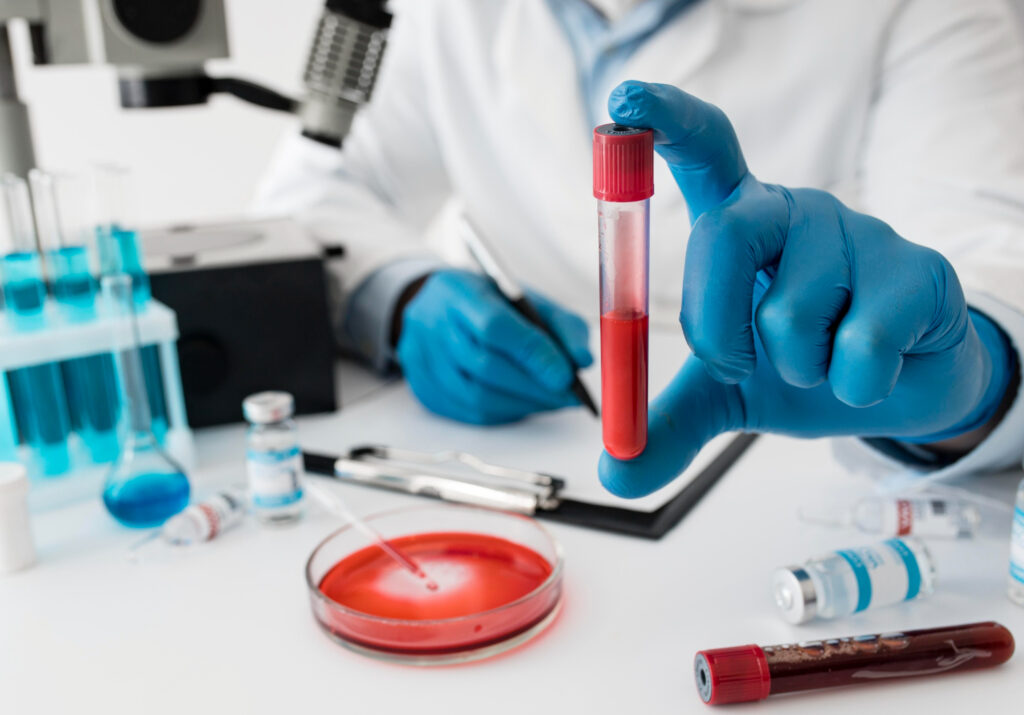
Hepatology: Study of liver.
Ichthyology: Study of fishes.
Immunology: Study of the immune system or resistance of the body to disease.
Kalology: Study of human beauty.
Morphology: Study of external structure of organisms.
Microbiology: Study of micro-organism like viruses, bacteria, algae, fungi and protozoa.
Molecular biology: Study of molecules found in the body of living organisms.
Medicine: Study of treating disease by drug.
Mammography: Branch of science which deals with breast cancer.
Mycology: Study of fungi.
Myrmecology: Study of ant is called myrmecology.
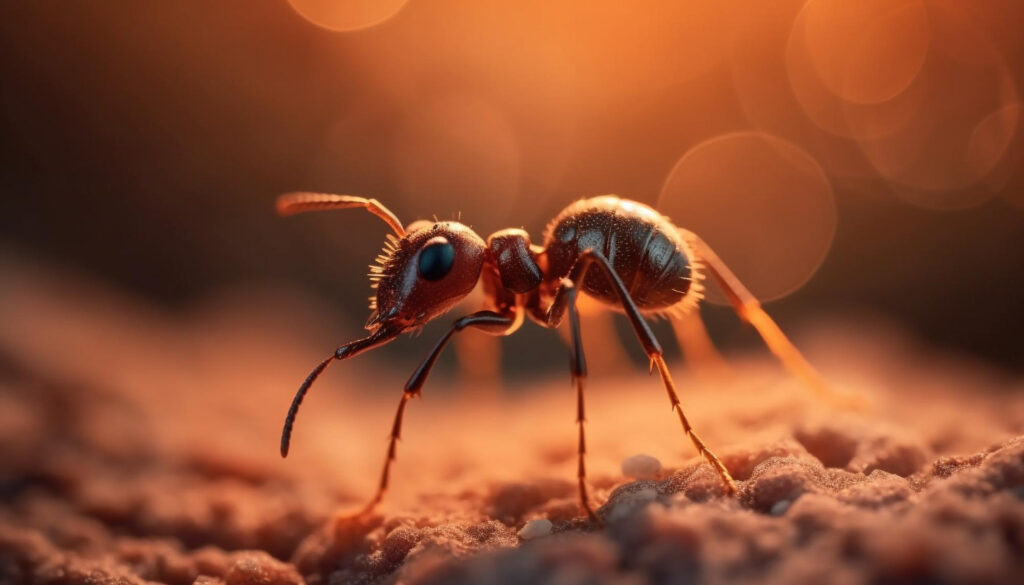
Mixed farming: Farming along with animal husbandry.
Nutrients: Chemical substances taken as food which are necessary for various functions, growth and health of living.
Nanotechnology: The study of ‘Science of very small’ is known as nanotechnology or manipulation of material and devices on the scale of atomic level.
Neurology: Study of nervous system.
Neonatology: Medical care of newborn, especially the ill or premature.
Nephrology: Study of kidneys.
Odontology: Study of teeth and gum.
Osteology: Study of bones.
Oncology: Study of cancer and tumours.
Ornithology: Study of birds.

Ophthalmology: Study of eyes.
Orthopaedics: Diagnosis and repair of disorder of the locomotory system.
Palaeontology: Study of fossils like dinosaurs.
Physiology: Study of function of various systems of organisms.
Pathology: Study of diseases, effects, causable agents and transmission of pathogens.
Pomology: Study of fruit and fruit yielding plants.
Psychology: Study of human mind and behaviour.
Pisciculture: Rearing of fishes.
Phycology: Study of algae.
Paediatrics: Branch of medicine dealing with children.
Parasitology: Study of parasites.
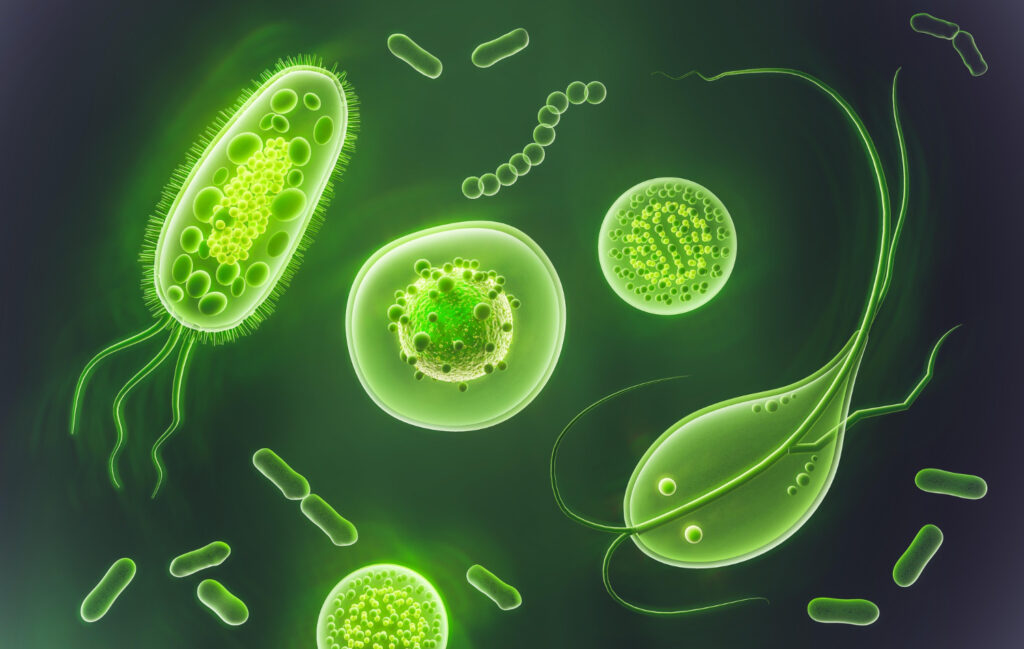
Pharmacology: The science which deal with drugs.
Photobiology: Effect of light on various biological processes.
Phylogeny: Evolutionary history of organisms.
Physiotherapy: Treatment of body defects through massage and exercise.
Radiology: Medical science dealing with imaging such as X rays, CT., MRI, PET for diagnosis and treating disease in the human body.
Rhinology: Study of nose and olfactory organs.
Sonography: Study of ultrasound imaging.
Saurology: Study of lizards.
Serology: Study of serum, interaction of antigen and antibodies in the blood.
Sphygmology: Study of pulse and arterial pressure.
Taxonomy: Study of classification, nomenclature and identification of organisms.
Veterinary Science: Science of health care and treatment of domestic animals.
Primatology: The study of bodies and behaviour of human-like species such as monkeys, apes, orangutans etc.
Viticulture: Cultivation of grapes.
Agriculture: The science and art of cultivating soil, raising crops and rearing livestock.
Olericulture: Science of growing vegetables deals with the culture of non woody plants for food.
